The black Pentecostal church is one of the most enduring legacies of the Windrush Generation. Marcia Dixon looks at the roots and development of this key black institution. ONE OF the greatest legacies of the Windrush Generation is its churches.
Most ‘Black churches’ started by the Windrush Generation as they are commonly described, are Pentecostal in their theology and practice, however the term ‘black church’ also includes other denominations like the Wesleyan Holiness Church, which has its roots in Methodism and the Seventh Day Adventist Church.
When Caribbeans took that trip across the Atlantic, between 1948-1971 to work in Britain’s labour-starved industries, they came full of faith. Many of the pioneers of Britain’s historic Black Pentecostal churches had a passion for God, coupled with a great work ethic, which resulted in them planting churches throughout Britain. Many experienced racism – but built the church regardless, through hard work, financial support of their congregants and as a result were self-reliant and autonomous.
One key pioneer was Jamaican born Rev Dr Oliver Lyeseight, (pictured above) a founder member of the New Testament Church of God (NTCG), one of the largest predominantly black Pentecostal denominations in Britain. They’ll be celebrating their 70th anniversary at their annual conference in July.
Ordained a Church of God minister in Jamaica in 1946, Rev Lyeseight came to Britain in 1951. He settled in Wolverhampton and started a prayer meeting for fellow migrants. On September 20, 1953, along with seven other people, including his wife Rose, Rev Lyeseight led the first ever NTCG meeting at the YMCA, Stafford Street, Wolverhampton. In June 1955, that gathering was officially recognised as the first UK branch of the NTCG. Rev Lyseight became the first Administrative Bishop of NTCG UK and served in the role for 25 years before retiring in 1978. Since those humble beginnings, NTCG now has 130 congregations, serving 25,000 adherents.
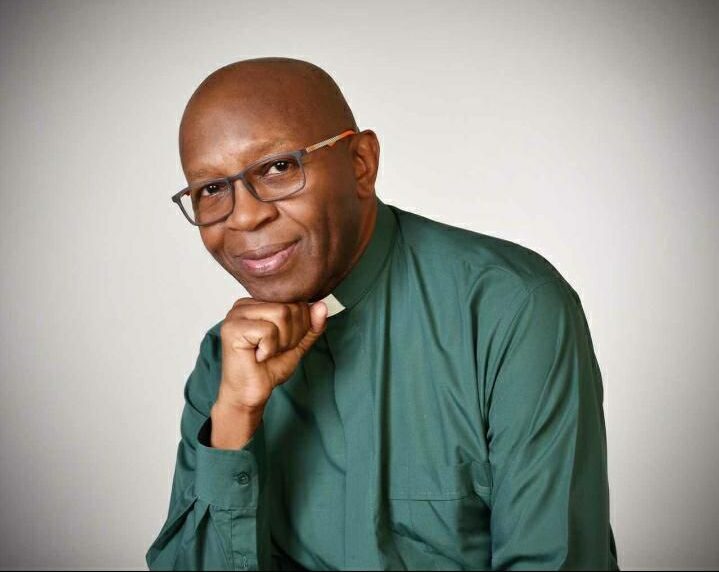
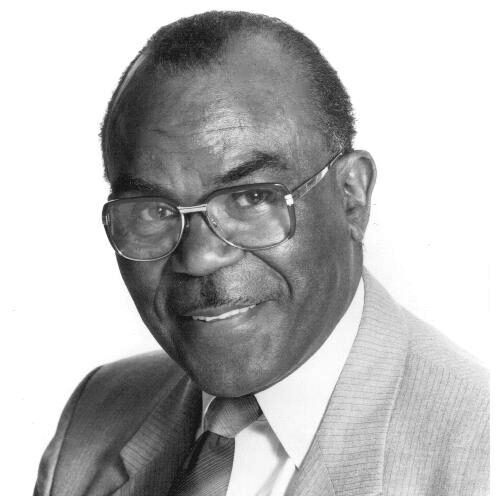
Bishop Joe Aldred, a Church of God of Prophecy minister, retired ecumenist and media commentator is a Windrush Generation minister. Reflecting on his years in ministry he said, “One of the things I remember was that nearly all those pioneering Windrush ministers were in their 20s and 30s, young and vibrant. Although they had little academic training they were pioneering and had an adventurous spirit. I look back and think how brave and undaunted they were, taking on massive projects like buying churches.” He believes it’s due to leaders unwavering commitment and consistency why the church has become a major force in the community.
Other church denominations founded by the Windrush Generation during the 50s and 60s include Bethel United Church of Jesus Christ Apostolic. Founded by the late Sydney Dunn in 1955, he is credited as the driving force behind Bethel Convention Centre in West Bromwich, the only conference centre built and owned by a Black church denomination here in the UK.
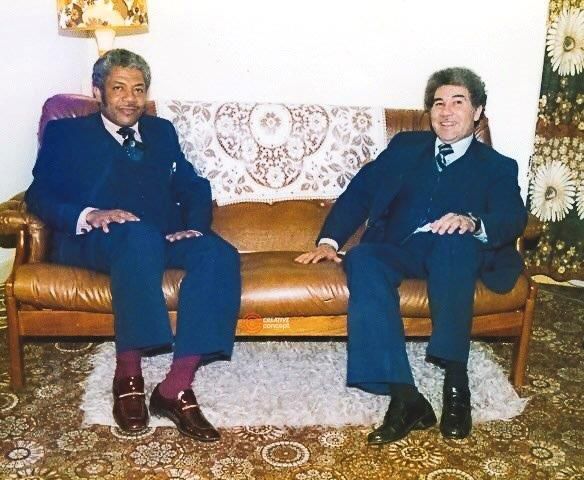
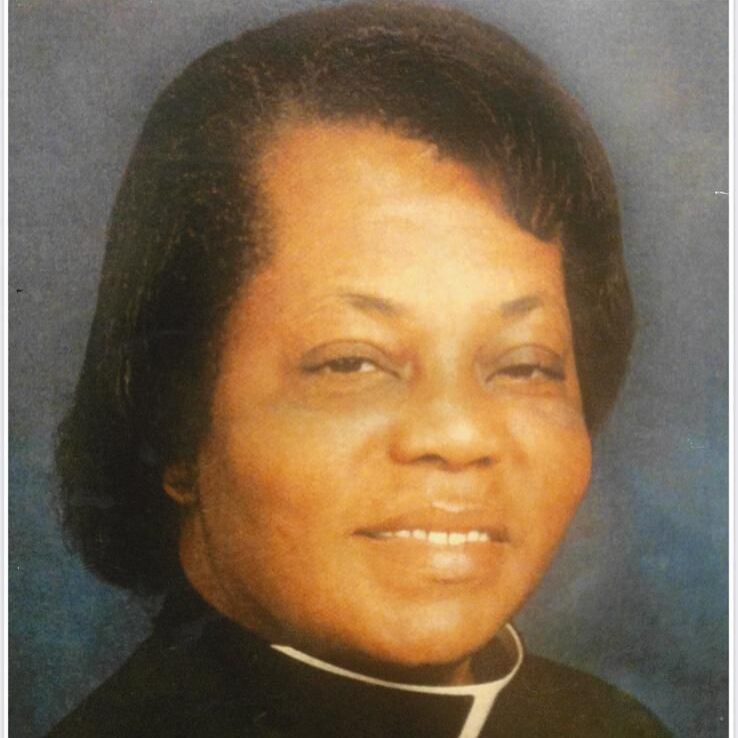
The New Testament Assembly is another one. It was started by the late Bishop Melvin Powell in Jamaica. Bishop Powell was originally a member of the Church of God (COG), but after visiting the denomination in the US, he noted, to his surprise, their churches were racially segregated. As a result of this, he left COG and established the NTA in Jamaica in 1954. Upon migrating to Britain in 1961, Bishop Powell established the NTA here in the UK, partnering with Bishop Bernard.
His sister, the late Pastor Io Smith, also played a pivotal role in establishing the NTA as a force to be reckoned with and blazed a trail as a leading woman in the movement.
Another notable denomination is the First Born Church of the Living God, founded by Bishop T G Francis. His youngest son, Bishop John Francis is Senior Pastor of Ruach City Church, and his eldest son, former BBC Songs of Praise producer Roy Francis, and author of Windrush and the Black Pentecostal Church in Britain.
As the son of a pioneering church leader, Roy had a front row seat as the church developed as his father knew many of his fellow church pioneers. Roy said: “The early Pentecostal Church leaders had positions as elders, pastors etc in their churches in the Caribbean, so it wasn’t unexpected that they would seek to start their own churches when they arrived in Britain. They were faithful and were able to combine working full time with running a church/ministry. They were fairly co-operative, not as churches are today, and would visit each other’s churches and their events regularly. They believed in the Bible literally, stood for holiness and believed in being led by the spirit.”
During the early decades of Caribbean migration to the UK, churches gave attendees a respite from the racism and hardship they experienced. They also saw Black people in leadership.
Most churches started as prayer services held in a member’s front rooms. When they outgrew front rooms they rented halls in schools, or pubs. After a while however, leaders desired to buy their own buildings, and galvanised members to help them raise funds to purchase places of worship.
Those efforts paid off. The Windrush Generation amassed a portfolio of properties that is now worth millions – some of those properties are on prime locations.
The story of Britain’s Black churches can’t be properly told without mentioning the role of women within it. Whilst many churches did not ordain women, if it was not for the voluntary work, fundraising efforts, and spiritual energy they brought, the church as we know it would not exist.
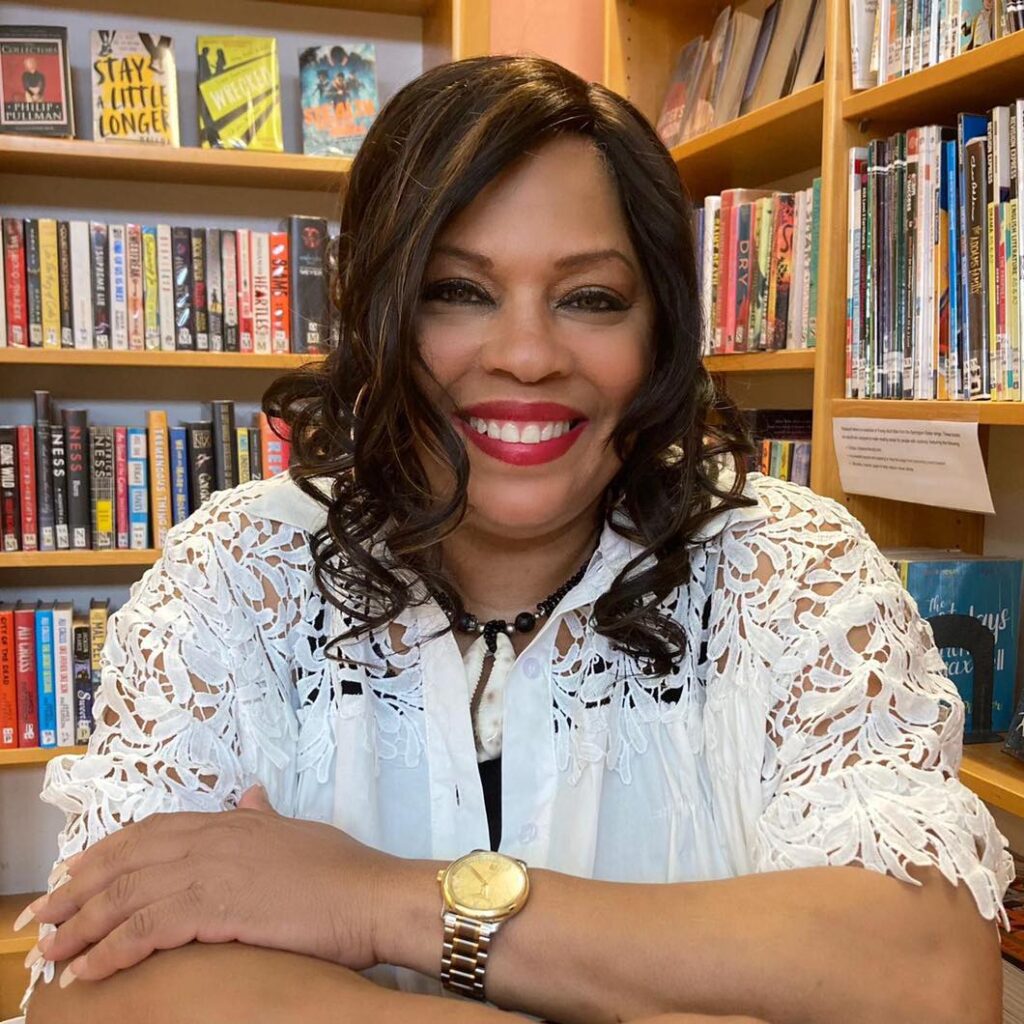
Juliet Coley, (pictured left) founder of BlackJac Media recently published Mothers of Zion: Windrush Women Past and Present, which she co-wrote with her mother. The book features profiles of women who played a pivotal role in their churches.
Juliet said: “I felt it important to share stories of Windrush women, firstly in tribute to their work and effort and for the younger generation to understand the major contribution they made to the establishment of our churches. Some of the women were just amazing. They raised funds for their churches, supported mothers in raising their children, provided hospitality, fed the hungry, and visited the sick in hospitals. The list could go on and on. They were the backbone of our churches and deserved to be recognised.”
Women of note include the late Olive Parris, the founder of the Latter-Rain Outpouring Church, which in its heyday, the 80s and 90s attracted hundreds of young people to their services in Hoxton, east London; Bishop Esme Beswick, the first black woman to serve as a President of ecumenical body Churches Together in England and the late Pastor Amy Williams, a mother of nine, who founded Chosen for Christ Ministries in 1970, and was still preaching in her 90s.
Fast forward to the present day, and Britain’s black churches have become a major success story and are seen as the most stable, prosperous, and educated sector of the black community.
This is a view Mark Sturge, a church leader, PhD research student in leadership and former head of the African Caribbean Evangelical Alliance concurs with. “In the church, they have created the most cohesive and often the most consistent representation of the Black community. And their focus on education has resulted in upward mobility, including the presence of leaders in the private, statutory and charity sectors and at the heart of government. and credits the Windrush church leaders laid a firm foundation.”
He does however have some qualms. “Despite many attempts, it is true that there has not been a lasting legacy of an umbrella body that authentically represents their (the church) voice to the nation. Equally, because many had nor and some still have not worked out their succession planning, their effectiveness in ministry and legacy has and continues to diminish.”
That said, the church remains a permanent, and reliable fixture in the black community. The Windrush Generation not only provided a spiritual refuge for the Caribbean community, they laid the foundation for the wave of African Christians who came to Britain in the 80s and 90s. Following the example of Caribbeans, Africans planted churches that met the specific needs of their community. Some established mega churches.
With the coming of age of Millennials, the rise of Gen Z, and the falling population of the Caribbean community, only time will tell how the church will adapt to meet their respective challenges and concerns. However, one thing is for sure, the church is here to stay.
This article was first published in The Voice Newspaper and is reprinted with permission.
Visit www.voice-online.co.uk











